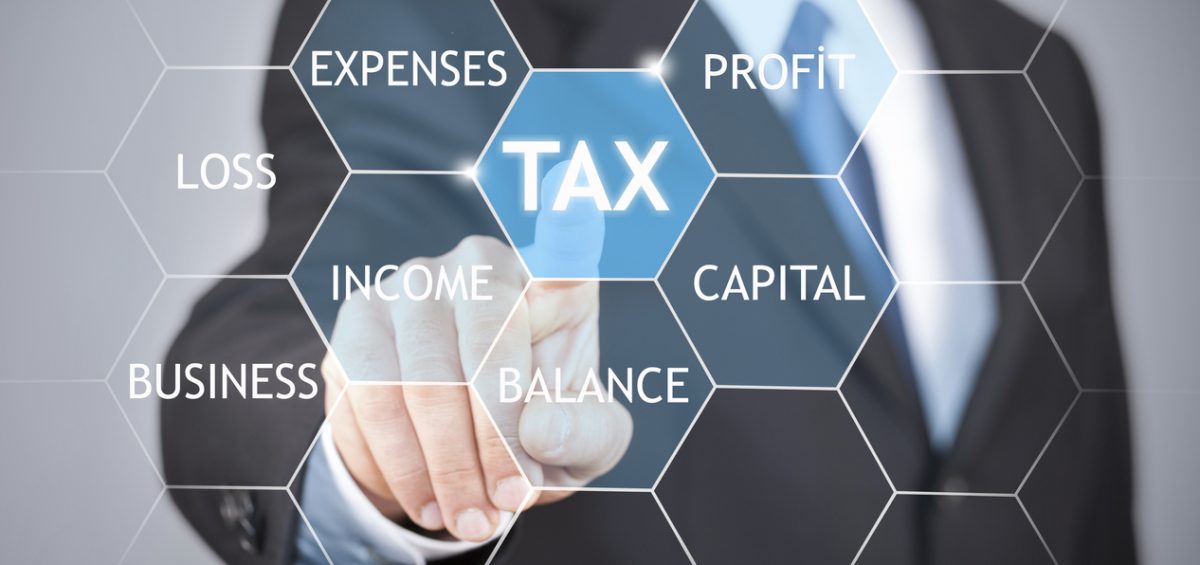Understanding the consequence of capital gains tax (CGT) before you make significant investment decisions can save you a hefty tax bill. In Australia, a CGT is a tax on the profit you make when you sell certain types of assets. These assets can include things like real estate, shares, vehicles or other investments.
When you sell an asset for more than you bought it for, the difference between the selling price and the purchase price is called a capital gain. For example, if you bought a house for $200,000 and sold it for $300,000, your capital gain would be $100,000.
The tax you pay on your capital gain is based on your income tax rate. The gain is added to your total income for the year, and you pay tax according to that income.
There are several ways to minimise your CGT liabilities, such as:
- 12-month ownership discount: if you have owned an investment property for at least 12 months, you may be eligible for a 50% CGT discount. This discount applies to any taxable assets for individuals
- SMSF investment property: There are several tax benefits to purchasing an investment property through a self-managed superannuation fund.
- Cost base increase: Eligible expenses on the cost of a property will reduce your capital gain and CGT on that property. These expenses can include improvement, ownership cost, purchase or sale expenses.
- Capital loss offsetting: Capital losses made in current or previous years may be used to decrease your total capital gain, therefore reducing your owed CGT.
These are just some of the methods commonly employed to minimise the impact of CGT, however they may not be applicable to your situation. Determining your capital gains tax obligations can be complicated and is best left to financial professionals.
At Optima Partners, we can help you with your individual or business tax obligations and maximise the profits on your investments. Contact us today to find the optimal solution for you.






